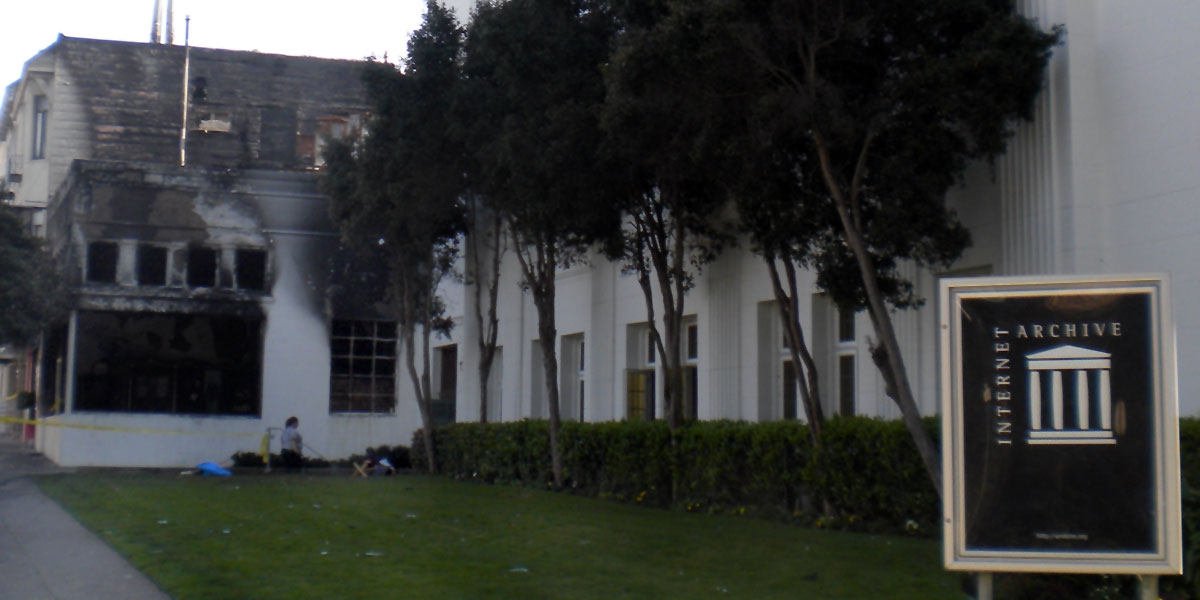The internet provides an amazing ability for immediate change. As new information is available, sites can be updated, documents republished and content refreshed to reflect new information. I first encountered the Internet Archive when I needed to be able to demonstrate what had been removed from a website. Fortunately, the Wayback Machine was ready and waiting to offer a full archive of the many changes made to that site, at absolutely no cost.
For litigation, archived web pages can often be a lifesaver. The Internet Archive will, for a small fee, provide an affidavit of authenticity to assist in admitting the archived copies as evidence. An amazing service worth far more than they charge.
The Internet Archive doesn’t stop with just one archiving project. They also host the RECAP project which helps liberate documents filed on Federal Court dockets through the use of a simple browser plug-in for PACER users.
They also host a huge archive of video, audio, software and written materials.
On the morning of November 6, however, the scanning center responsible for imaging books and other documents was destroyed in a tremendous fire. About half of the materials in the scanning center for imaging were lost, but the remainder had been imaged and saved on servers next door. Approximately $600,000 worth of scanning equipment, however, is a complete loss.
The Internet Archive’s efforts are a significant benefit to the community at large. Please take a moment and support them as they work to rebuild the scanning center and to support their other, incredibly valuable projects.
It’s also important to consider your own disaster planning. Do you have insurance that will cover the replacement cost of your necessary equipment? Are your important files archived offsite? Can you easily restore your backups and work from them?
In many law practices today, it’s become standard practice to image incoming documents. Far too often, however, offsite backups are neglected. In this case, the Internet Archive had its servers in an adjoining building which was not burned. Would the same be true of the files on your office server?
